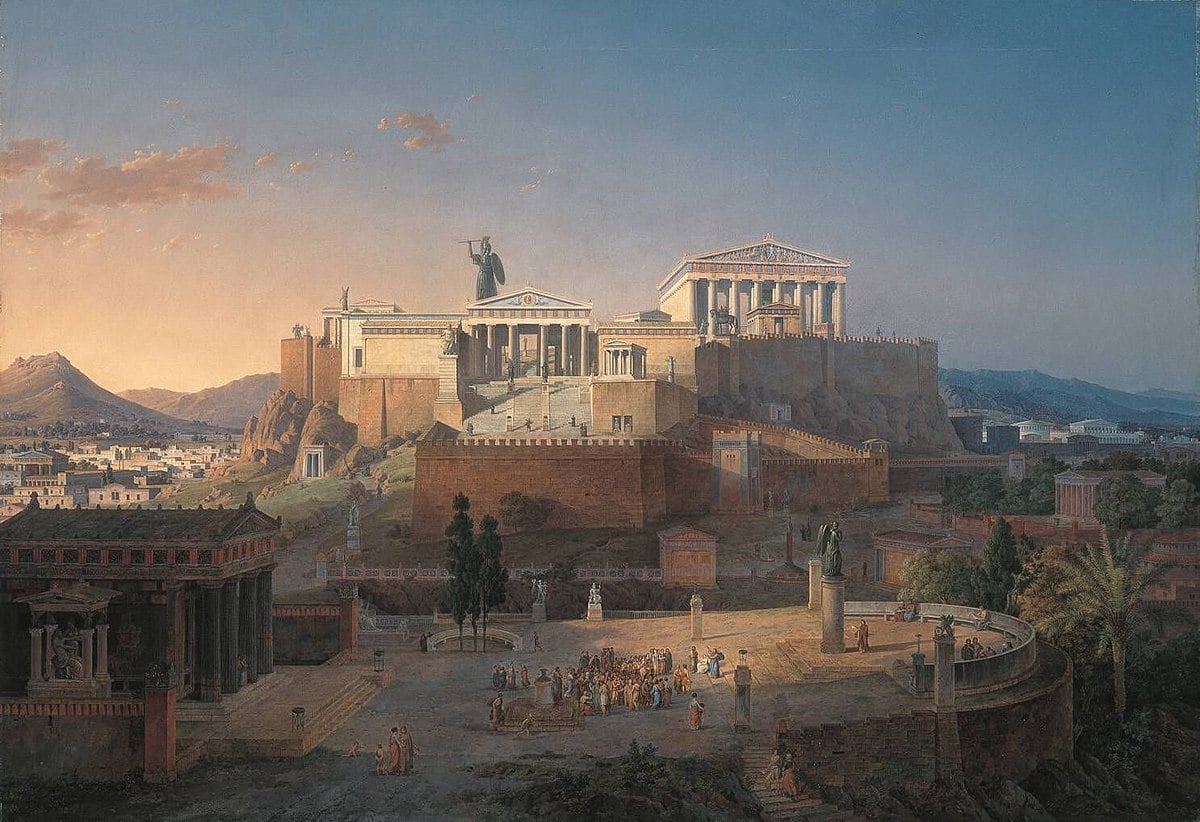Artificial intelligence (AI) has revived archaic languages, showcasing their original sounds.
AI has revitalized ancient languages, which existed in spoken form but survived only through writing. By means of video demonstrations, AI has brought back to life obscure languages like Ancient Greek, Latin, Old English, Proto-Celtic, Hittite, and Akkadian, making the distinctive sounds of bygone civilizations audible once more.
Moreover, AI has generated visual representations of individuals speaking, offering insights into the possible appearances of people from ancient times. Thus, this video serves as a technological portal to the past, allowing us to eavesdrop on conversations in forgotten marketplaces or listen to speeches delivered by prominent figures of distant epochs.
Earliest Known Languages
In Mesopotamia, widely regarded as the birthplace of writing, the earliest form of written communication emerged some 5,500 years ago. Initially employing simple pictorial signs, this method evolved into the more intricate cuneiform script, which was impressed onto wet clay using a reed stylus.
This innovative writing system played a crucial role in documenting and safeguarding information, contributing to the advancement of ancient civilizations and the dissemination of knowledge.
 Sumerian cuneiform writing. Credit: Osama Shukir Muhammed Amin FRCP(Glasg) / CC BY-SA 4.0 / Wikimedia Commons
Sumerian cuneiform writing. Credit: Osama Shukir Muhammed Amin FRCP(Glasg) / CC BY-SA 4.0 / Wikimedia Commons
Another ancient language with roots in Egypt, boasting a rich history of written language dating back to around 3250 BC, features hieroglyphs found on ivory tablets and ceremonial surfaces. The introduction of ink writing using reed brushes and pens marked a significant milestone in Egypt. Hieratic and hieroglyphic scripts coexisted, evolving into a sophisticated writing system that influenced the development of alphabets.
 Egyptian hieroglyphs from the tomb of Seti I. Credit: Public Domain / Wikimedia Commons
Egyptian hieroglyphs from the tomb of Seti I. Credit: Public Domain / Wikimedia Commons
In China, the earliest traces of writing can be traced back to the late Shang Dynasty (1300–1050 BC), discovered on oracle bones. These ‘dragon bones’ contain over 4,500 symbols, which are ancestors of Modern Chinese characters. Chinese writing uniquely represents both concepts and sounds, leaving a profound and lasting impact on human communication.
Mesoamerica showcases a writing tradition dating back to around 900 BC, utilized by various cultures such as the Maya, Mixtecs, and Aztecs. Their writing systems served diverse purposes, from recording texts to reflecting linguistic structures.
Influence of Ancient Greek Language on Global Culture
 Ancient Greek inscription at Delphi, Greece Credit: Zde / CC BY-SA 4.0 / via Wikimedia Commons
Ancient Greek inscription at Delphi, Greece Credit: Zde / CC BY-SA 4.0 / via Wikimedia Commons
The Ancient Greek language, with a history spanning thousands of years, stands as one of the world’s oldest languages still in use today. Its origins likely trace back to Linear A, which emerged around 1900 BC during the Minoan civilization, though its precise connection to Greek remains enigmatic.
 Phaistos Disc, a disk of fired clay from the island of Crete, possibly from the middle or late Minoan Bronze Age (second millennium BC). Credit: C. Messier/Wikimedia Commons/CC-BY-SA-4.0
Phaistos Disc, a disk of fired clay from the island of Crete, possibly from the middle or late Minoan Bronze Age (second millennium BC). Credit: C. Messier/Wikimedia Commons/CC-BY-SA-4.0
Linear B, which appeared in the Mycenaean civilization around 1450 BC, was deciphered in the mid-20th century, revealing it to be an early form of Greek primarily used for administrative and economic purposes.
Following the decline of the Mycenaean civilization around 1100 BC and the subsequent Greek Dark Ages, the Greek language resurfaced in the 9th century BC with the adoption of the Greek alphabet. This marked the onset of the Greek classical period, which transformed written communication and produced renowned literary and philosophical works.
Over its evolution, the Greek language has left a lasting impact on various cultures and languages at different points in time. Its enduring legacy persists today, shaping Western civilization in fields such as literature, philosophy, science, and mathematics.









